Decades of Displacing Palestinians: How Israel Does It
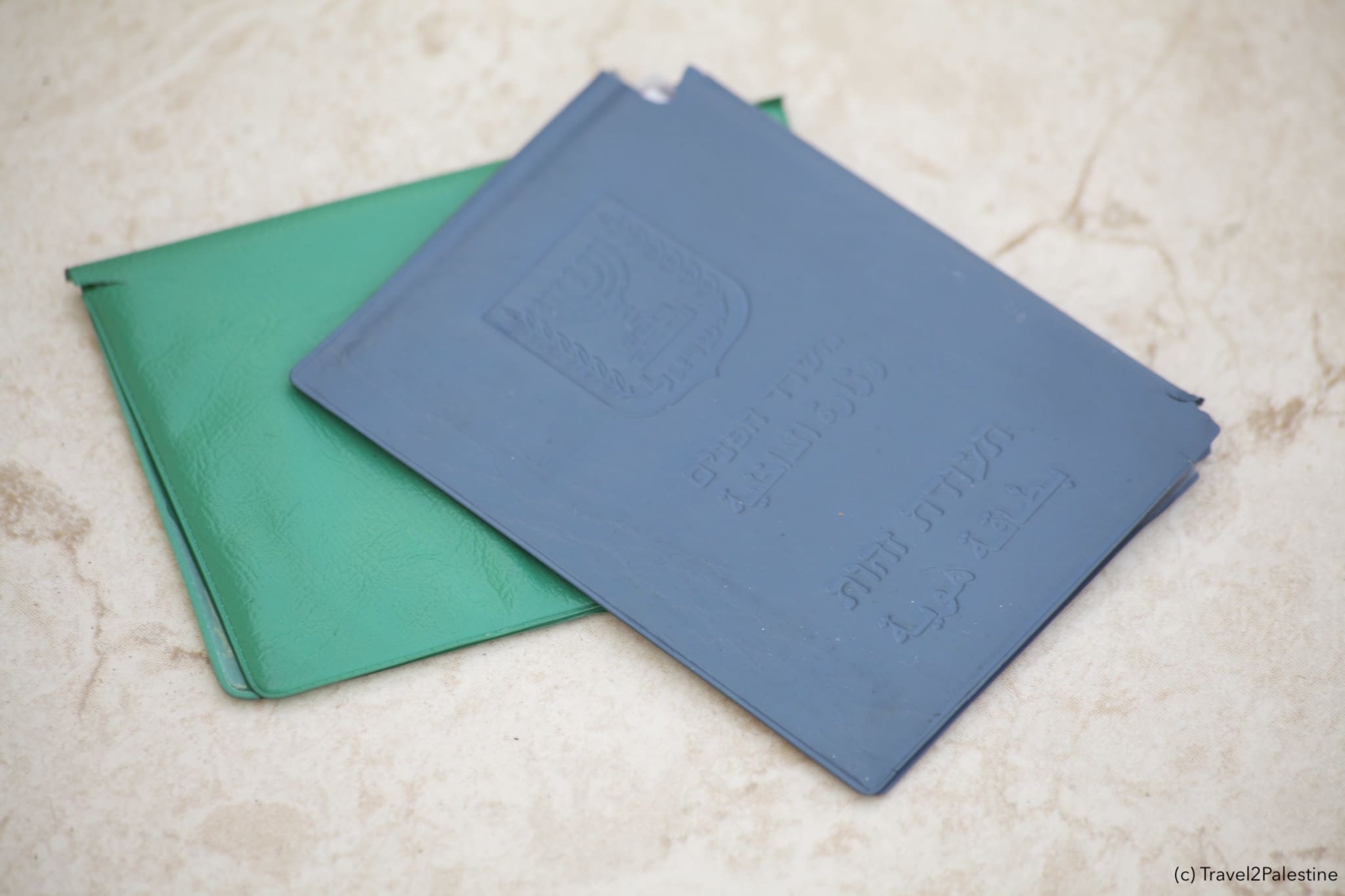
Israel is estimated to have forcibly displaced some 66% of the whole Palestinian population by 2011. Al-Shabaka Policy Advisor Munir Nuseibah identifies six different methods Israel uses on both sides of the Green Line and elaborates two: Personal status engineering and urban planning. He argues for a holistic approach to address the systematic nature of forced displacement, which is grounded in the very ethos of a state established to create and maintain a Jewish majority in all of historic Palestine.
The Price of Statelessness: Palestinian Refugees From Syria
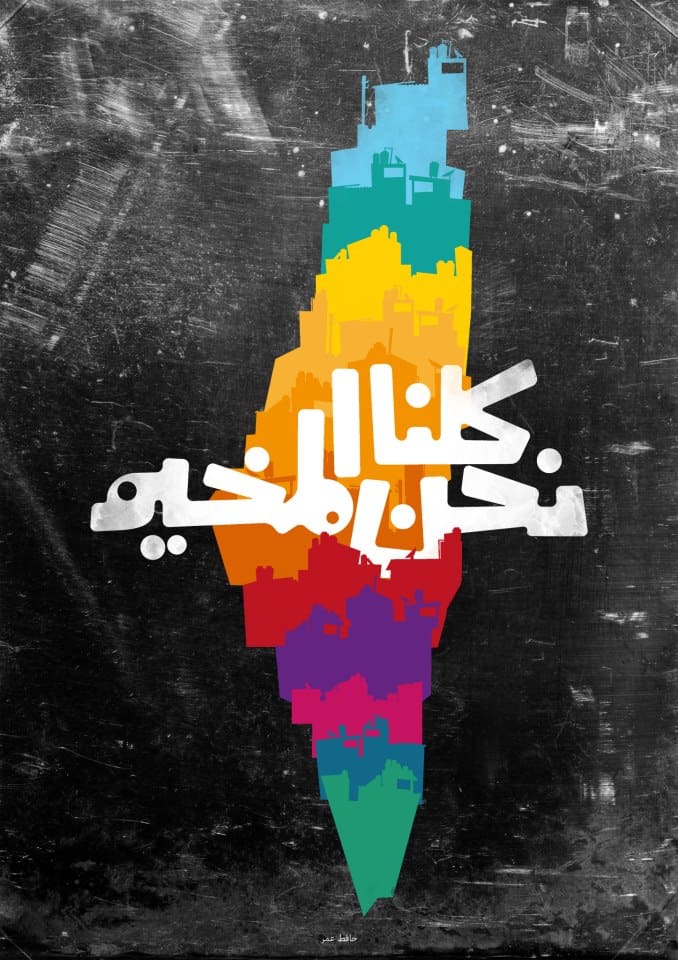
May 15, 2013, marks the 65th anniversary of the Nakba (catastrophe) when over 700,000 Palestinians fled or were expelled by Zionist forces. To this day, Palestinian refugees have far fewer rights than other refugees, including protection from forced return to conflict zones. Al-Shabaka guest author Rosemary Sayigh starkly describes the discrimination against Palestinian refugees fleeing from Syria to Lebanon (and Jordan) and urges international action to end these violations.
The Missing Narratives in Palestinian Schoolbooks
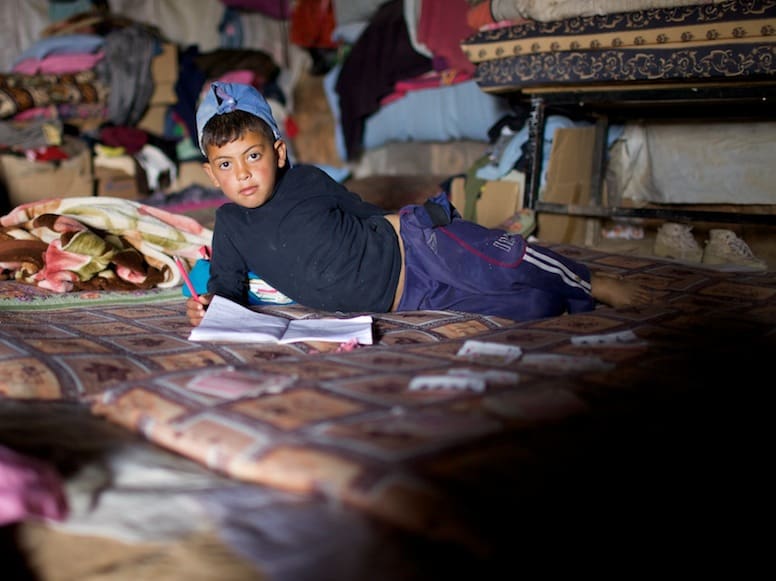
The highly politicized Israeli and Western scrutiny of Palestinian textbooks has seemingly led the Palestinian Authority to opt for a cursory discussion of the Nakba. Al-Shabaka policy member Zarefa Ali urges that refugee testimonies be incorporated into the curriculum and that it be overhauled to present the historical, critical and literary dimensions of the Nakba. Otherwise, she warns, the Palestinians risk raising entire generations ignorant of their own history.
Unfreezing the Right of Return: First Stop, Gaza
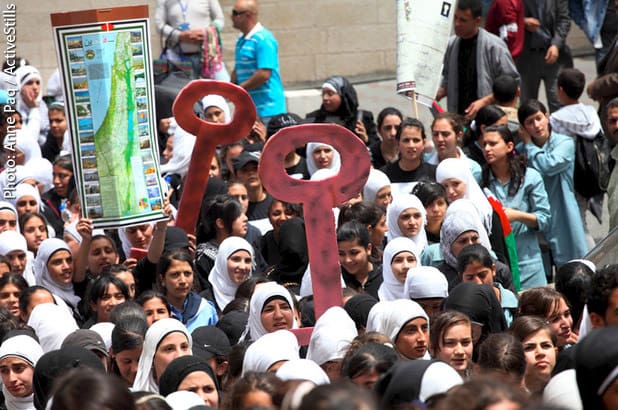
For decades, Palestinian victims of Israel’s forced displacement policies in the Gaza Strip have been seeking redress. Al-Shabaka Policy Advisor Munir Nuseibah argues that the authorities in Gaza, Ramallah and Egypt have a legal obligation to immediately facilitate the return of those who want to do so, without in any way letting Israel off the hook. He describes how it can be done, and addresses the political and practical pitfalls.
Reframing Palestinian Return: A New Al-Shabaka Policy Circle
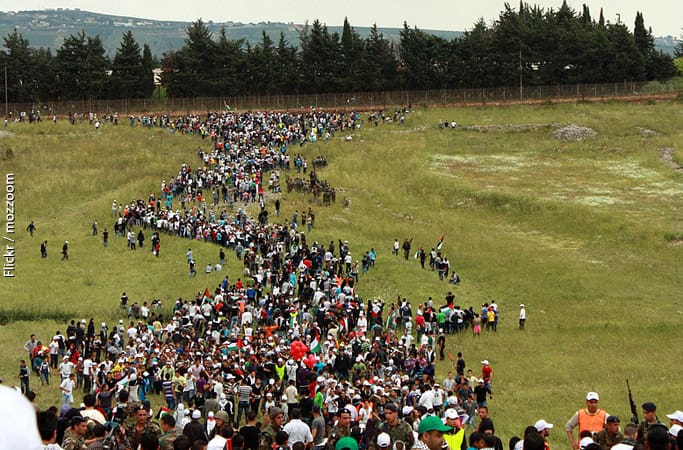
The Mahmoud Abbas who heads to the United Nations for non-member state status expressed willingness to give up his right of return. Not so the other Palestinian millions. Instead, as Al-Shabaka Policy Members Ahmad Barclay and Dena Qaddumi argue, the region’s upsurge in grassroots political movements offers an opening to view Palestinian return through the lens of decolonization and to go beyond the zero-sum logic of competing ethnic nationalisms. They will be launching Al-Shabaka’s first Policy Circle to develop this approach.
Modest but Powerful Activism for Palestinian-Origin Jordanian Rights
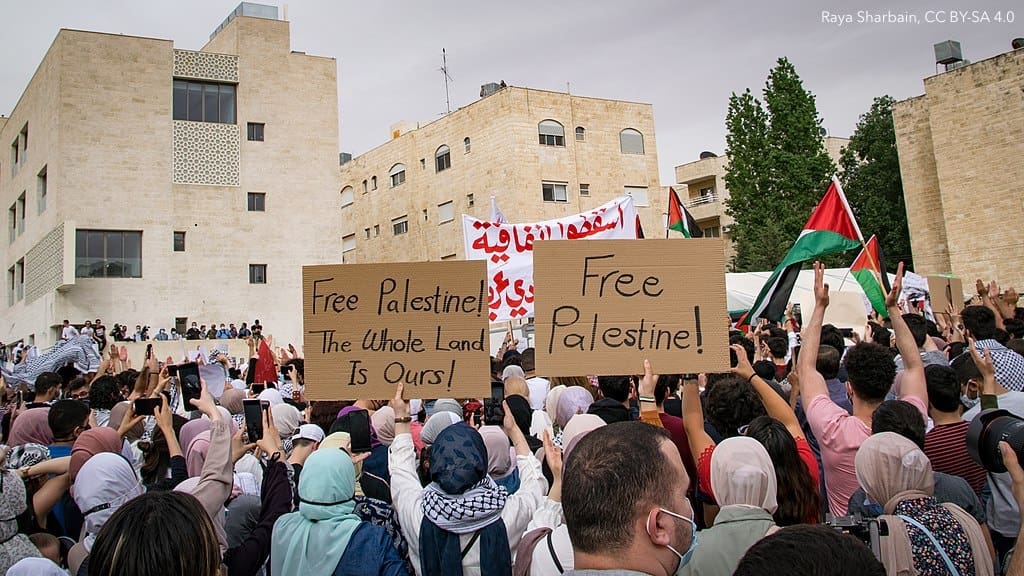
Palestinian-origin Jordanians are a large and increasingly marginalized community in Jordan, whose rights to education, nationality, and political participation have been eroded. Oraib Rantawi and Oroub el-Abed discuss initiatives by Palestinian-origin Jordanians for equal rights – and responsibilities – in the Kingdom, as part of a growing movement for citizens’ rights energized by the Arab uprisings.
Palestinians on the Road to Damascus
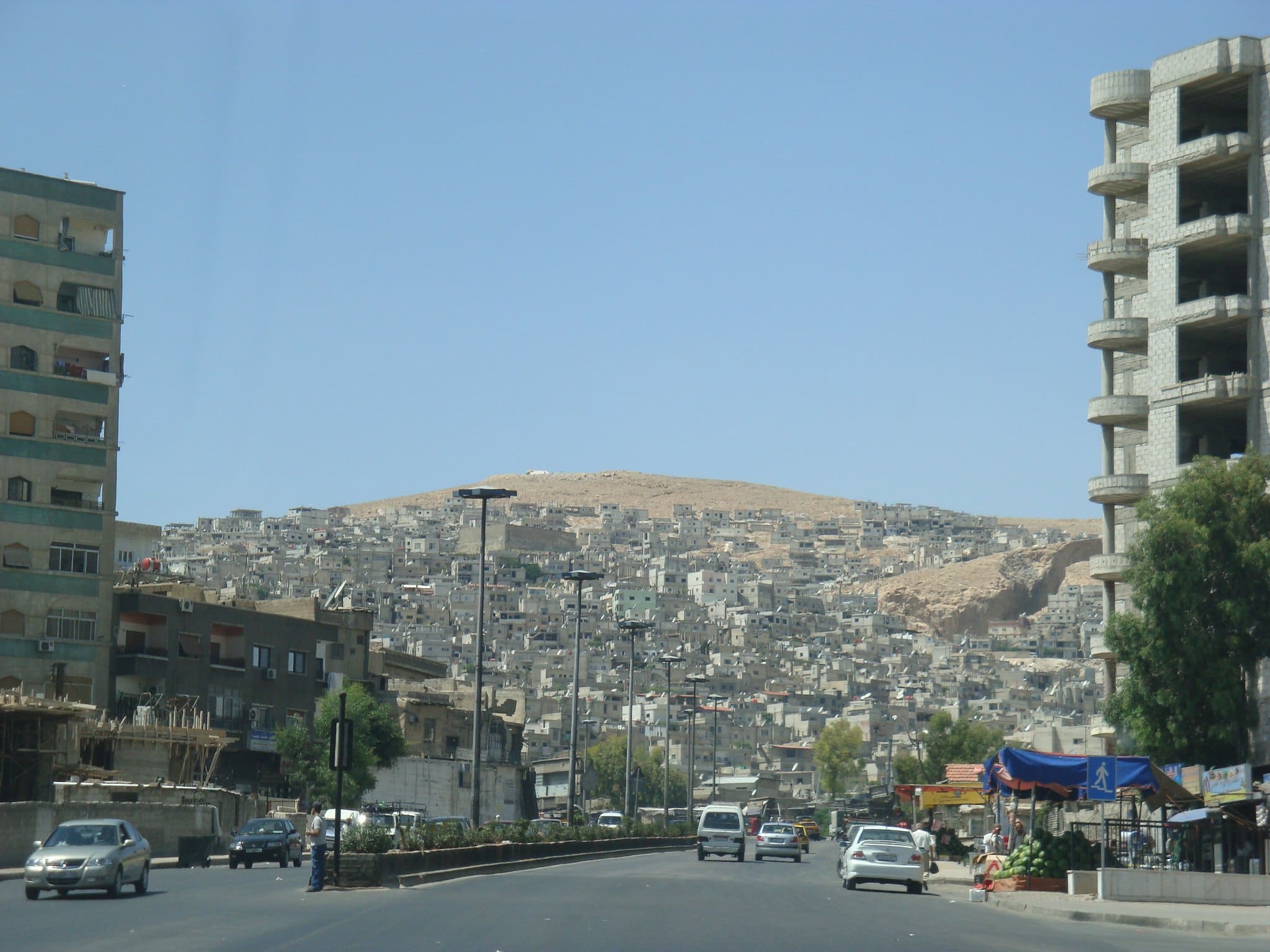
In this evocative and moving piece, Al-Shabaka Policy Member Ahmad Diab provides a lived description of what it is like to be a Palestinian in Syria: The permanent sense of a temporary existence, the impact of dictatorship on Palestinian-Syrian relations as well as on Palestinian political development, and the diverse roles Palestinians are playing – and the price they are paying – in the current revolution.
Refugees: Israeli Apartheid’s Unseen Dimension
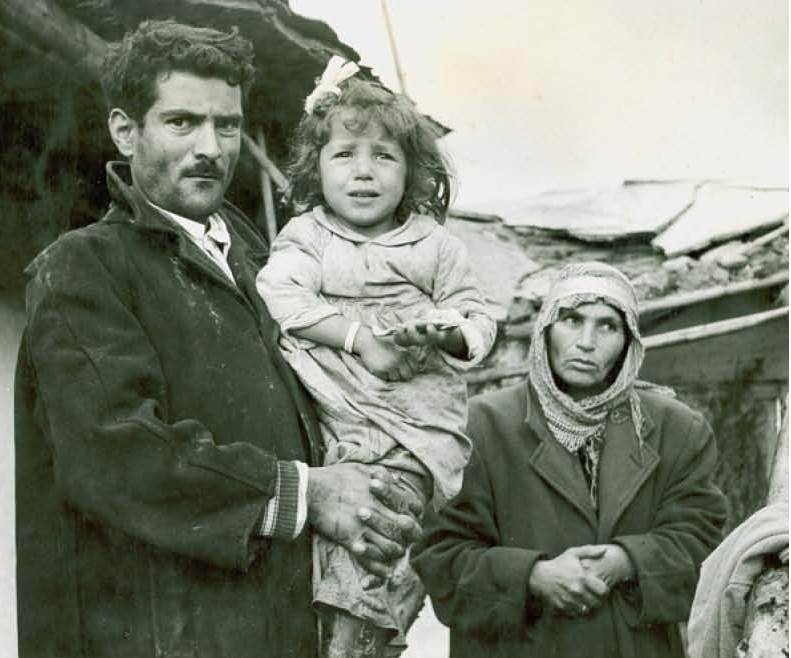
Do Israeli policies and practices toward Palestinian refugees constitute apartheid? Al-Shabaka Policy Member Hazem Jamjoum argues not only that it does, but that it is the cornerstone of what constitutes a system of apartheid.
When Exiled Communities Act

Oraib al-Rantawi‘s commentary draws on his recent visit to the Palestinian community in Germany to discuss the PNC Registration Campaign, a civic drive to register Palestinians using a secure online mechanism so they can vote in direct elections for the Palestine National Council.









